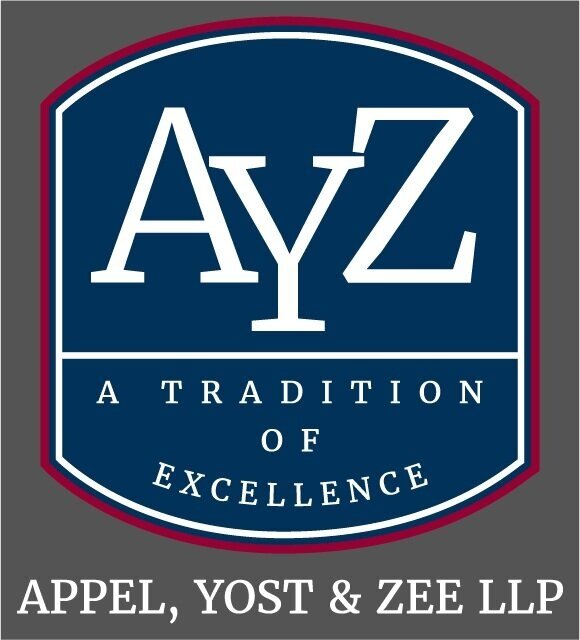Pennsylvania Legislature Amends Contractor and Subcontractor Payment Act
On June 12, 2018 Pennsylvania Governor Tom Wolf signed into law House Bill No. 566, which makes some major changes to the Contractor and Subcontractor Payment Act (the amendments took effect on October 10, 2018). Thus, it is critical that all stakeholders involved in the private construction industry be aware of the ramifications stemming from the new amendments to the Contractor and Subcontractor Payment Act (“CASPA”), 73 P.S. § 501 et seq.
Originally passed in 1994, the primary purpose of CASPA was to eliminate the dishonest payment practices that were, unfortunately, becoming all too common within the construction industry. While CASPA bolstered the rights of owners, contractors, subcontractors, and suppliers to receive timely payment for their work by imposing a statutory right to payment (along with various remedies for failure to comply), it did not have the intended effect. CASPA, as originally drafted, had enforcement loopholes that bad actors exploited in an effort to avoid compliance.
In response, the Pennsylvania legislature amended CAPSA to rectify the shortcomings of the act as originally written. Some of the key changes contained in the new act are highlighted below.
Key Changes
1. Notice Requirement for Withholding Payment
Under the original act, owners and contractors were permitted to withhold payments in good faith for any deficiency items, provided that a timely notice was issued to the affected parties. However, this notice provision was ineffective in practice because there was no adequate recourse for failure to provide notice. Under the new amendments, however, a party seeking to withhold payment for any deficiency must provide a written notice that includes an explanation of the good-faith reason for the withholding within 14 days of receiving an invoice (plus the amount sought to be withheld must be “reasonable”). Failure to provide a notice in strict compliance with these terms constitutes a waiver of such withholding, and will trigger the requirement for payment in full.
2. Contractual Waiver Prohibited
A major issue with the prior version of CASPA was that its provisions could be waived during negotiations. This issue is particularly problematic in the construction industry because there is often a significant discrepancy in bargaining power between parties. To resolve this issue, the amendments to the act prohibit parties from waiving any CAPSA provisions and makes any such clause void and unenforceable as a matter of law.
3. Suspension of Work
The new version of CAPSA now explicitly grants contractors and subcontractors the ability to suspend performance of work, without risk of penalty, until payment is received. While the right to suspend performance is conditioned on compliance with the terms of Section 505(e) of CASPA, it does provide a statutory right for an unpaid contractor to cease performing.
4. Retainage
Under the amended act, in order to withhold retainage for a period exceeding 30 days after the final acceptance of work, the owner or contractor is required to provide written notice of a deficiency item, and any amount withheld must be reasonable in relation to this deficiency item. Furthermore, contractors and subcontractors are now entitled to demand the full release of retainage upon substantial completion of the work by posting a maintenance bond equal to 120 percent of the retainage being held.
5. Invoice Errors
CASPA now explicitly provides that even after an invoice recipient provides proper notice of the errors contained in an invoice to the sender (i.e. within 10 days of the receipt of the invoice), the recipient is still obligated to pay the correct amount due on the same date as if the initial invoice received was correct.
While no piece of legislation is without its faults, the CAPSA amendments represent an important step toward curbing abusive payment practices within the private construction industry.
This article does not offer specific legal advice, nor should it be construed as legal advice or opinion on specific facts. The information in this publication is not intended to create, and the transmission and receipt of it does not constitute, a lawyer-client relationship. If you have any questions please contact Raymond Durkin or any other attorney at Appel & Yost LLP.
